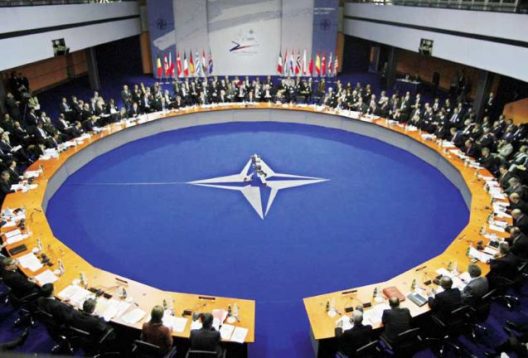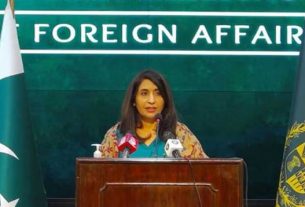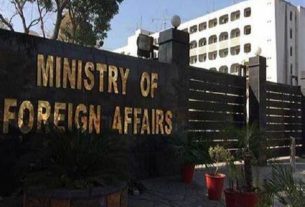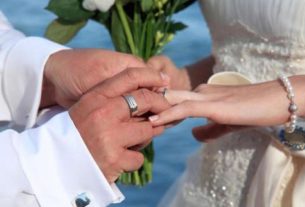Nato states have said Ukraine can join the military alliance “when allies agree and conditions are met” after President Volodymyr Zelensky criticised the “absurd” delay to accession.
In a communique, Nato said it recognised the need to move faster but would not be drawn on a timeframe.
Earlier Mr Zelensky said there seemed to be “no readiness” to invite Ukraine to Nato or make it a member.
He is now in the Lithuanian capital Vilnius, where the summit is happening.
Kyiv accepts it cannot join Nato while it is at war with Russia but wants to join as soon as possible after fighting ends.
But Mr Zelensky, tweeting before Mr Stoltenberg’s comments, said that the lack of an agreed timeframe meant his country’s eventual membership could become a bargaining chip.
“A window of opportunity is being left to bargain Ukraine’s membership in Nato in negotiations with Russia. Uncertainty is weakness,” he said.
Nato might not have said when and how Ukraine might join the alliance. But diplomats emphasised that they had set out a clearer path to membership, and the onerous application process had been shortened significantly.
The alliance had recognised Ukraine’s army was increasingly “interoperable” and more “politically integrated” with Nato forces and it would continue to support reforms to Ukraine’s democracy and security sector.
Diplomats also highlighted the creation of a new Nato-Ukraine Council, meeting on Wednesday for the first time, which will give Kyiv the right to summon meetings of the whole alliance.
But the decision to give no sense of timescale will be seen as a setback for Ukraine.
Even though such detail was always unlikely, Mr Zelensky’s decision to say the absence of a timetable was “absurd” only emphasised his diplomatic failure.
Some member states fear near-automatic membership for Ukraine could give Russia an incentive to both escalate and prolong the war.
The focus now will move to what long-term security guarantees Nato members will promise Ukraine as an alternative to early membership.
In the past, Western security pledges failed to deter two Russian invasions. Nato allies hope a third round will be robust and explicit enough to persuade the Kremlin that further aggression would be too costly.
Addressing crowds in Vilnius later, Mr Zelensky said: “Nato will give Ukraine security. Ukraine will make the alliance stronger.”
Mr Zelensky also presented a battle flag from the destroyed city of Bakhmut – the site of the longest, and possibly bloodiest, battle in Russia’s invasion of Ukraine.
The Vilnius summit comes a day after Turkey dropped its opposition to Sweden joining the military alliance.
Turkey had previously spent months blocking Sweden’s application, accusing it of hosting Kurdish militants. The country will now become the alliance’s 32nd member after Finland – which borders Russia, joined in April.
Both countries announced their intention to join Nato after Russia invaded Ukraine.
A series of military packages for Ukraine were also announced at the summit on Tuesday.
A coalition of 11 nations will start training Ukrainian pilots to fly US-made F-16 fighter jets at a centre to be set up in Romania in August, officials said.
In May the US gave the go-ahead for its Western allies to supply Ukraine with advanced jets, including the long sought F-16s – a significant upgrade on the Soviet-era planes it is currently using.
Ukraine had repeatedly lobbied its Western allies to provide jets to help with its recently-begun counter-offensive aiming to retake territory seized by Russia.
However experts say the training of Ukrainian pilots to fly and operate Western jets will take some time.
Meanwhile Russian defence minister Sergei Shoigu was quoted by Russian news agencies as saying that Moscow would be forced to use “similar” weapons if the US supplied controversial cluster munitions to Ukraine.
The weapons release bomblets over a wide area and are banned by more than 100 countries over their impact on civilians.
Mr Shoigu said Russia had similar cluster weapons but had so far refrained from using them.
Rights groups say Russia and Ukraine have already used cluster munitions during the 17 months of war since Russia invaded last February.__BBC





